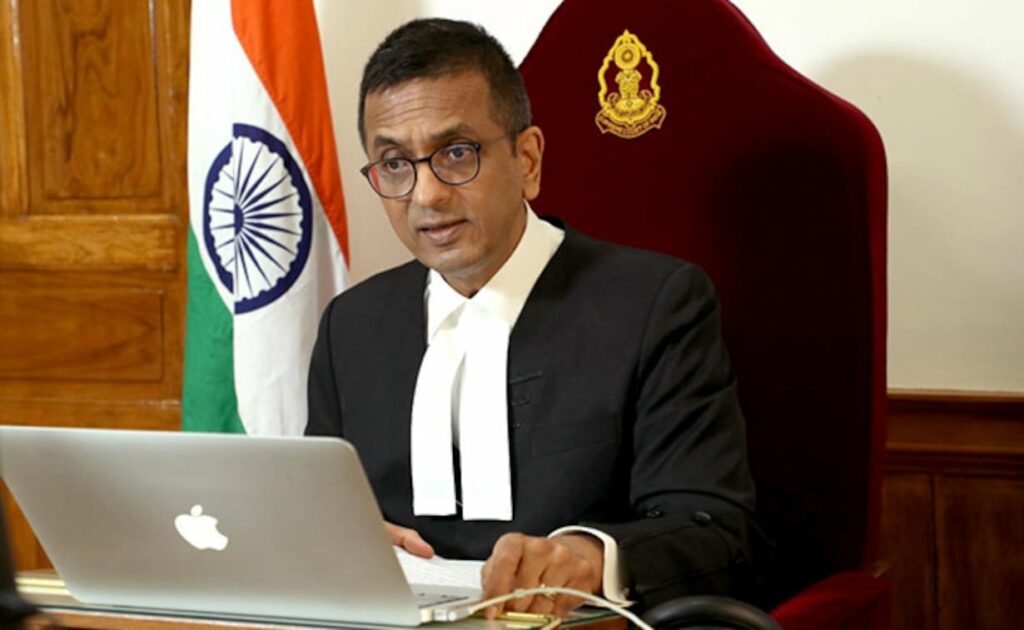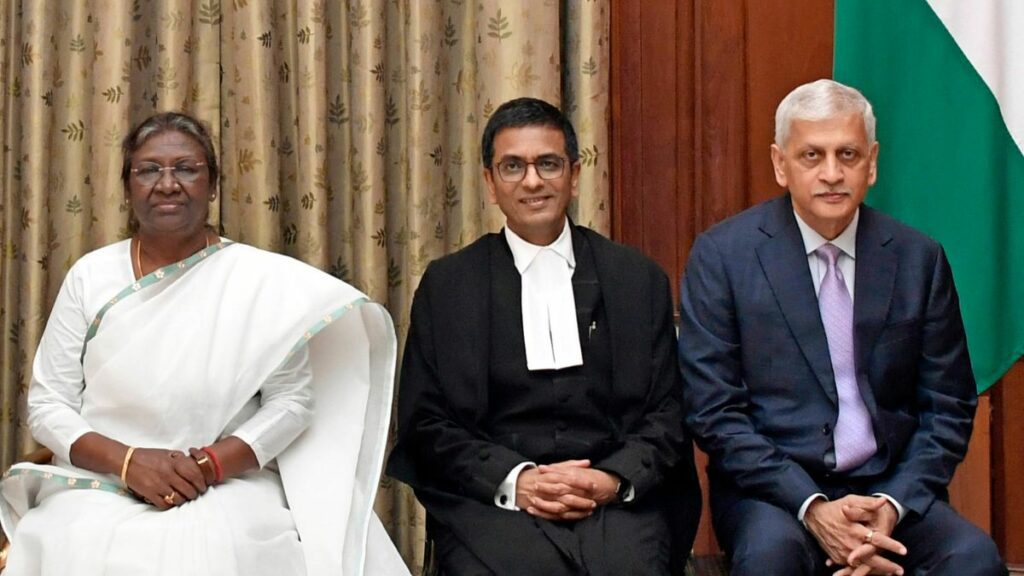Dhananjaya Chandrachud grew up in a renowned Marathi family and was born on November 11, 1959. His father, Yeshwant Vishnu Chandrachud, served as India’s Chief Justice for the longest period, and his mother, Prabha, was a classical pianist. Justice Y. Chandrachud was appointed as a sitting judge of the Supreme Court of India on May 13, 2016. He has served as the Chief Justice of the Allahabad High Court and as a former judge of the Bombay High Court. He’s known for speaking his mind and taking a radical stance on crucial public concerns and he doesn’t limit himself to legal jargon but instead considers the big picture.
In 1982, he received his law degree from the Faculty of Law, University of Delhi. He obtained his LL.M. and Doctor of Jurisprudential Science (SJD) from Harvard University. He was awarded the Joseph H Beale prize while studying on the prestigious Inlaks Scholarship. He served as a junior prosecutor for a time, helping lawyers and judges, and he gave some intriguing briefs for Fali Nariman. Chandrachud began his career after graduation from Harvard at the law firm Sullivan and Cromwell. Following that, he served at the Supreme Court of India and the Bombay High Court as a lawyer.
In June 1998, the Bombay High Court appointed him as a Senior Advocate. From 1998 before his appointment as a judge, he served as the Additional Solicitor General of India. From March 29, 2000, before his election as Chief Justice of the Allahabad High Court, he was a judge at the Bombay High Court. He taught Comparative Constitutional Law at the University of Mumbai and the Oklahoma University School of Law in the United States as a visiting Professor.
Known for his radical approach and liberal thought, he has served on many benches that have pronounced landmark judgements in high-profile cases such as the Ayodhya land dispute, the validity of Section 377, and others. In the K S Puttaswamy versus Union of India case, he penned the lead judgement for the nine-judge constitution bench, which unanimously ruled that the right to privacy was a constitutional right under the Constitution.
He was also a member of a five-judge Constitution bench that unequivocally decriminalized a portion of Section 377 of the Indian Penal Code, which criminalizes consensual unnatural copulation between consenting adults, claiming it violated the Right to Equality. In the Sabarimala dispute, he agreed with the majority judgement that the tradition of barring women of menstruating age from joining the Sabarimala temple was patriarchal and violated women’s constitutional rights. In a vigorous dissent, he argued that Aadhaar was illegal and infringed on human rights.
Justice Dhananjaya has spoken at conferences held by the United Nations High Commission on Human Rights, the International Labor Organization, the United Nations Environment Program, the World Bank, and the Asian Development Bank. The Supreme Court of Hawaii hosted a lecture titled “Global Constitutionalism in the Age of Transnational Judicial Conversations in Human Rights.” He has given various speeches in India, both at prestigious law schools and at civil society gatherings.








